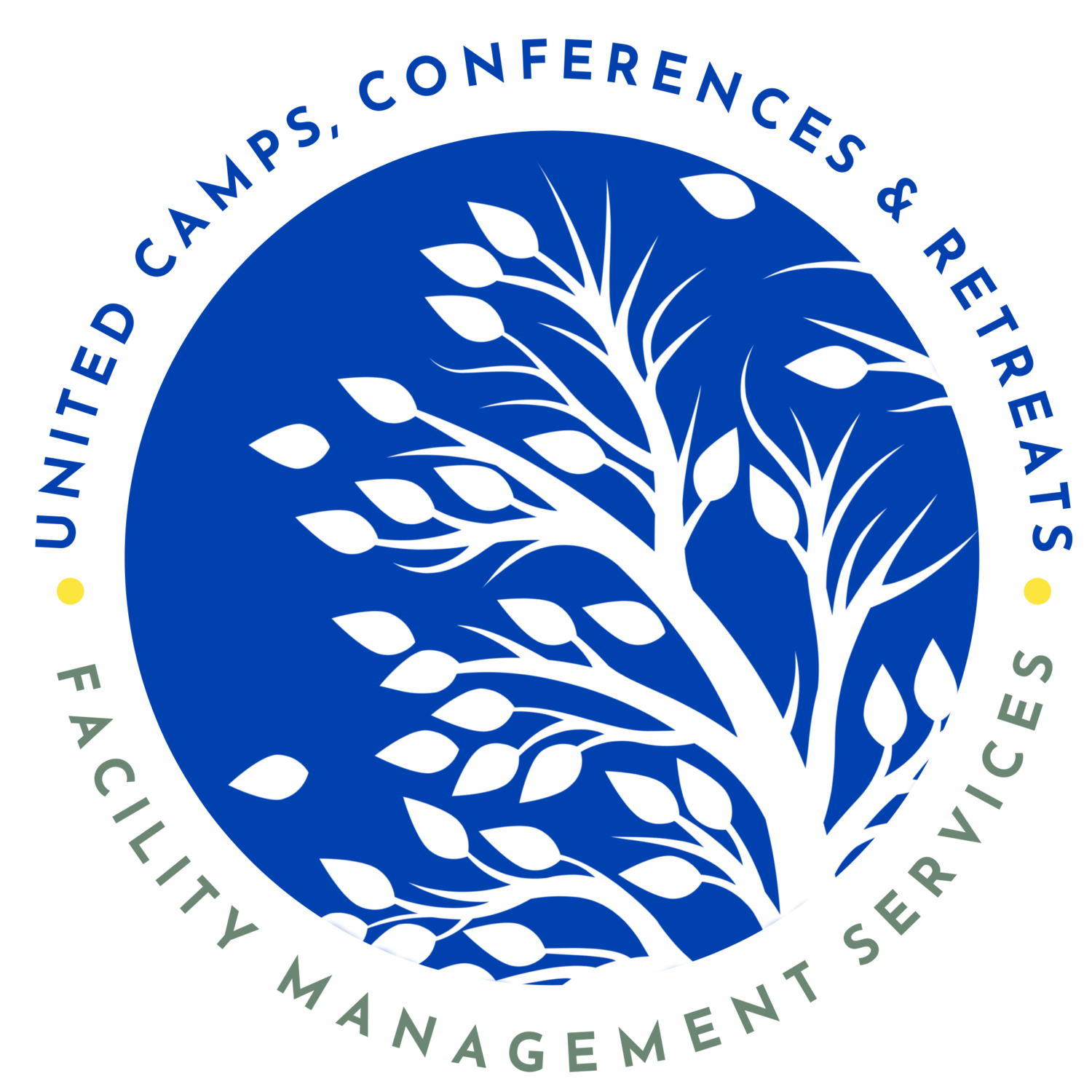The Business of Managing Camp
/Using checklists to determine whether the operation is firing on all cylinders
BY MIKE CARR
Published in Camp Business Magazine Fall 2023
How does one best manage a camp year-round so it is on budget, meeting its mission, and running as efficiently as possible?
Begin by looking for solutions to problems and challenges. Some are simpler than others, and some can be addressed by hard-working staff members. Yet, for challenges that go unanswered, with situations you are not sure how to resolve, how do you choose a direction, and make real progress?
Begin by creating a checklist:
Identify challenges
List and prioritize tasks
Seek advice from recognized experts
Evaluate steps and resource needs for resolution
Consider the following reference points when assessing the overall effectiveness of facility operations and programs.
Up To Date Codes
All applicable codes, regulations, and laws must be understood and followed. If these are not up-to-date, the facility may be fined, or worse, shut down. Therefore, it is imperative that these systems are analyzed and updated, if necessary.
Address these systems:
Fire inspections
Health inspections
Employee wages and supervision Drinking water and wastewater systems
Food handling, which includes storage, preparation, service, and cooking.
Risk Management
Risk management involves putting plans in place to identify, evaluate, reduce, and prevent loss of resources associated with camp operations. Aiming to prevent accidents, injuries, and property damage, the following is a sample list to help assess whether the necessary plans are in place:
Evacuation plans
Water-safety plans
Blood-borne pathogen plans
Widespread norovirus illness plans Contact information for emergency services
Emergency procedures for hazards or disasters
Ongoing facility evaluations for regulations compliance.
If situations do occur and systems are not in place, an unfortunate situation may become a very serious one.
Regulations Compliance
Each year, camps must adhere to the newest regulations set forth by governing agencies. Anticipating upcoming compliance helps manage resources effectively, like budgeting and allocating staff.
A camp must comply with regulations from the following agencies:
OSHA
Law enforcement Environmental health
Fire department services Communications
American Camp Association (if applicable).
Communication is Key
Beyond physical operations, other areas of a camp may need improvement in order to run as efficiently as possible. Take time to evaluate all communications.
For instance, for internal communica- tions, are situations explained clearly and responded to in a timely manner? Is there accountability and a sense of integrity?
Regarding external communications, how effectively is information shared with customers? Is registration occurring smooth- ly? Are guests encouraged to return to camp, perhaps with other groups they belong to?
Trust In Partnerships
Owners of a property, oversight committees, boards of directors, and on-site operations staff should be kept in the loop regularly on what is happening. This requires effective communication and understanding the shared goals for the camp.
These groups, along with the facility- operations group, may be interested in the following elements on a regular basis:
Project priorities
The reservation calendar Marketing plans and reports Hospitality service expectations A quarterly balance sheet
A quarterly profit/loss statement Training.
Trending to Training
Training is vitally important in running a camp. Staff members should be kept up-to- date in the following areas:
Cleaning
Kitchen safety
Customer service Emergency procedures
Safe food-handling practices
Management Service Providers
Those who work with a management- service company or organization should have a firm grasp of who retains ownership of camp assets: vehicles, equipment, buildings, money received, etc. A trustworthy management service will help with regular maintenance and upkeep, but will not take ownership of the camp’s assets.
To assess a management-service provider, ask the following questions.
Does the provider:
Have accountability for all transactions?
Support the owner’s mission 100 percent of the time?
Have knowledgeable communication with customers?
Have frequent and clear communication with camp owners?
Have experience in running all aspects of a camp?
Offer full-service property management (i.e., administrative support, marketing, reservations, human resources)?
Other Areas to Explore
Of course, with a small staff, it’s under- standable that some things fall through
the cracks. However, one must look at all resources to determine whether more atten- tion is needed in a particular area.
The following areas may need more attention:
Marketing
Customer service
Human resources Accounting/finance
Property maintenance Customer contracts
Specific project management Natural-resource management
Owning a camp facility can be overwhelming, chaotic, and frustrating, or it can be inspiring, organized, well-maintained, and managed with the right systems, analysis, and services in place. Taking time to check each of these items off the list is a step towards success in knowing exactly where to allocate resources.
Mike Carr is President and CEO of United Camps, Conferences & Retreats. Reach him by email mikecarr@uccr.org
To comment on this article, visit www.campbusiness.com
For a printable download visit here.







